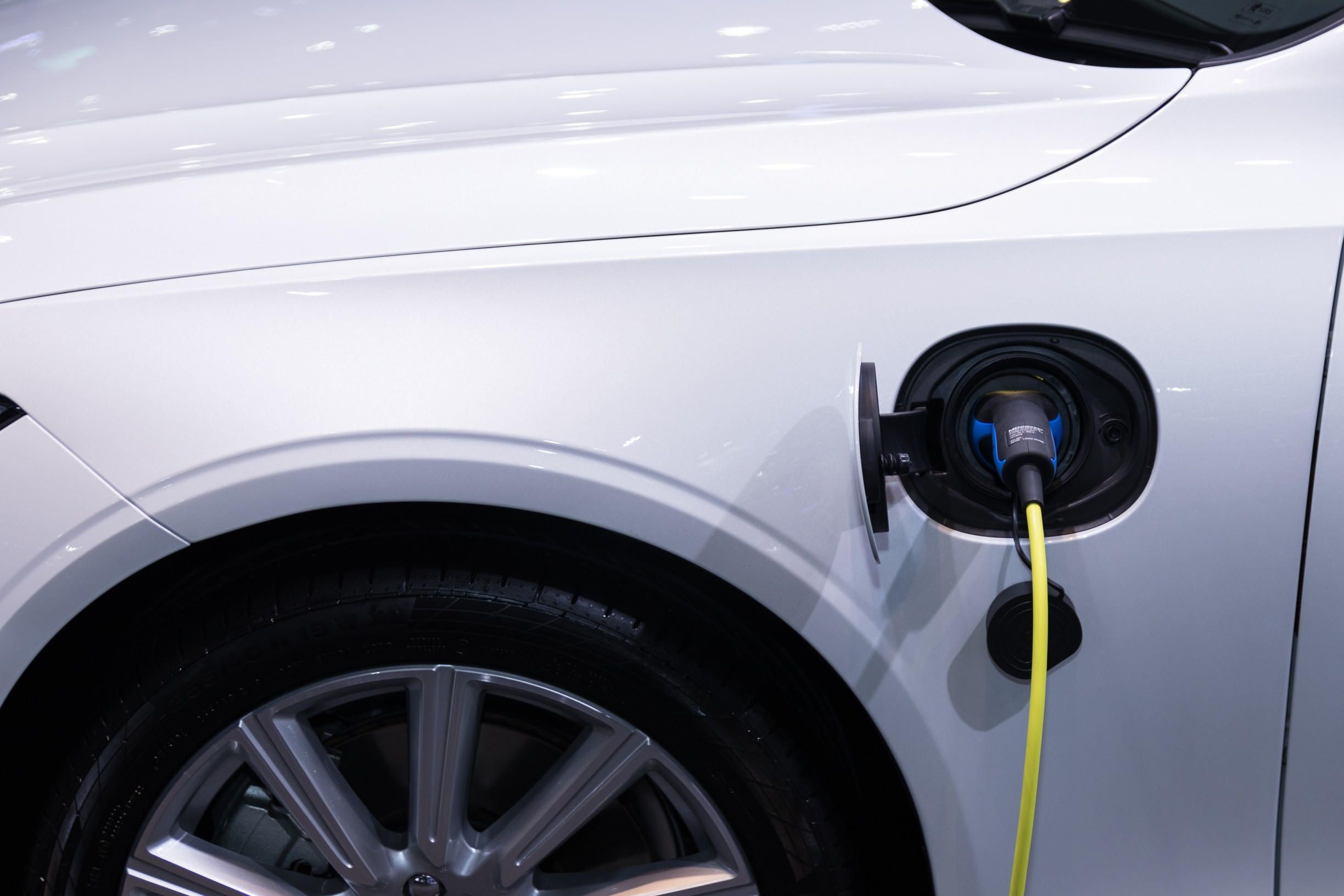
Why everyone should embrace electric vehicles – dispelling myths and looking at the benefits
July 13th, 2021
For many, this is welcome news that the government is taking climate change seriously but for others there is a worry that they will need to buy an electric vehicle soon, but they are not yet ready for one.
There are lots of myths and scare stories about electric vehicles – they are expensive, they run out of charge after 30 minutes, they take hours to charge.
Here we aim to dispel some of the myths whilst also pointing out the huge benefits of electric vehicles.
They take hours to charge
One of the biggest scare stories of an electric vehicle is that they take hours to charge. Just picture the scene, you’re 10 minutes from home after a long day at work but your car is about to run out of charge. You pull into a charging station but, oh no, you must wait HOURS for your car to charge up again. This is one of the biggest misleading scare stories about electric vehicles. It is true that, at home, using a standard 7kW plug it takes 5-10 hours for an electric vehicle to charge. But the point being, you are at home. The purpose of this is to charge your car overnight whilst you are asleep. In reality, most charging stations across the country have rapid chargers, meaning you can charge your car to 80% battery within 45 minutes. Phew, panic over.
They are expensive
Now, it is true that the up-front cost of an electric vehicle is still out of most people’s reach. However, there are long term savings on fuel and ways around paying the whole upfront cost. As the government is backing the green revolution, this means there are grants available for people starting the journey to changing to fully electric. Firstly, you can benefit from up to £3,000 grants to go towards the cost of buying an electric vehicle. Also, you can get a £350 grant for the installation of a charge post/point at your home too.
Reduce emissions into the environment.
It is not any secret that using a car pollutes the air we breathe and the trees we plant. Cars have become essential to our travel needs, for either work, leisure or reconnecting with people post lockdown. As we as a nation, and globally, are becoming aware of the huge negative impact we are having on the environment, people are wanting to change. However, some people are only willing to make changes that don’t negatively impact their life. Giving up a car must be a no-no but electric vehicles are a brilliant alternative to petrol/diesel which means we can still have the freedom of a car without the hurtful emissions they create.
Increased vehicle safety
Electric vehicles have centralised engines which create a lower centre of gravity. In the event of an accident this makes them hard to roll, increasing the safety of the driver and preventing whiplash. Where people see the range of electric batteries as a disruption to their travel, making regular stops on long trips can help reduce fatigue at the wheels and improve your posture, both important factors in preventing road vehicle accidents. At the top end of the market, Tesla even go as far as providing automatic redirection to avoid crashing when falling asleep at the wheel.
Quieter and more enjoyable driving experience
Unless you are a petrol head and love the sound of noisy engines, most of us like the peace of silence. Noise pollution is also a huge impact in our cities. Think about the last time you were in a city; how often does the hustle and bustle of traffic outside disturb your day? Now imagine if all those cars were electric, with no polluting emissions or screaming engines. To us that sounds like bliss, giving us peace to get on with work or just relax.
If you’re interested to learn more about electric vehicles, we have a lot more information and guidance on how you can test drive one in your city on our electric vehicle page.
* Electric Vehicle Page: https://www.co-wheels.org.uk/our-vehicles/electric
